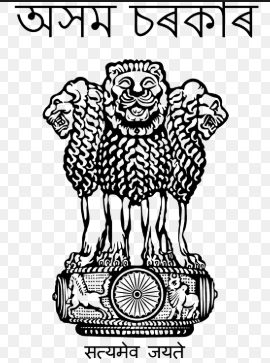Assam Government Forms Expert Committee to Probe Polygamy
The Assam Government has established an expert committee to investigate whether the State Government has the authority to prohibit polygamy in the region. The committee will analyze The Muslim Personal Law (Shariat) Act, 1937, along with Article 25 of the Constitution of India, in relation to the directive principle of state policy for a uniform civil code. The committee will engage in extensive discussions with all stakeholders, including legal experts, to arrive at a well-informed decision.
Polygamy in India
Polygamy is banned in all religious communities in India except the Muslim community. Practicing polygamy is punishable under Section 494 & 495 of the IPC, except for the Muslim community, where Section 2 of the Muslim Personal Law (Shariat) Application Act, 1937, governs the law pertaining to marriage that allows polygamy.
Supreme Court Rulings
Assam Government stated that Section 2 of the Act was the subject of a challenge before the Supreme Court. The Supreme Court declared the practice of triple talaq or talaq-e-biddat unconstitutional as it was discriminatory against Muslim women in Shayara Bano etc. v. Union of India & Ors. etc. (2017). However, the Supreme Court did not make any findings regarding polygamy and ruled only on the aspect of triple talaq. The legality of polygamy has been a constant issue before the Courts.
Supreme Court’s Take on Polygamy
In Javed vs. State of Haryana (2003), the Supreme Court held that although Muslim law permits polygamy, it does not mandate or dictate four marriages as a duty. In Sarla Mudgal v. Union of India, (1995), the Supreme Court held that polygamy is harmful to “public morals” and can be superseded by the State.
Personal Law and Legislation
Personal law can be superseded or supplemented by legislation in case it contradicts public order, morality, health, or a policy of social welfare. According to Article 13 of the Constitution, any law that is currently in effect or is to be created in the future must comply with the provisions set forth in Part III of the Constitution. Marriage laws have to be in compliance with the fundamental rights under Part III. Polygamy infringes the fundamental rights of Muslim women under Articles 14, 15, and 21 of the Constitution of India.
Month: Current Affairs - May, 2023
Category: India Nation & States Current Affairs


